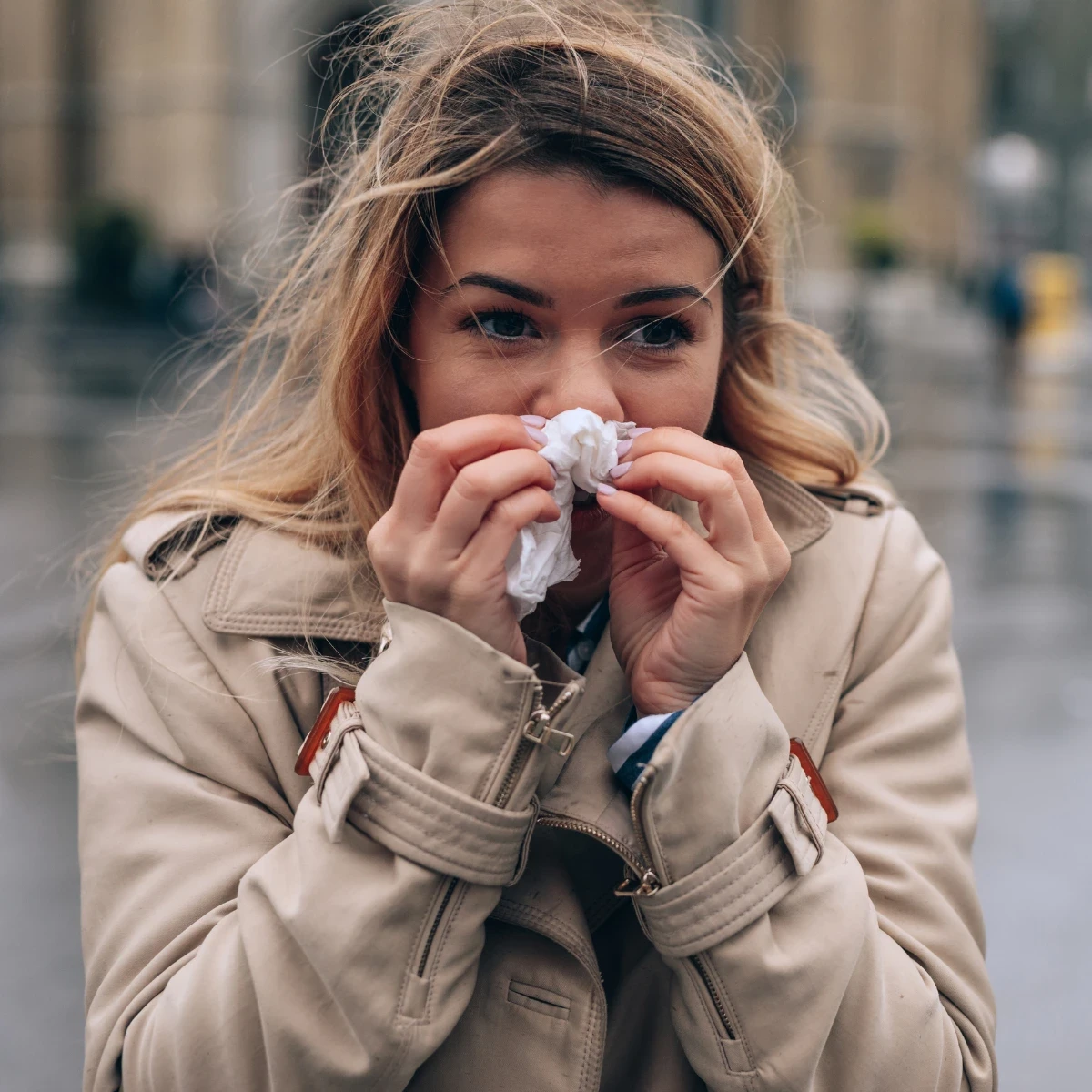
A woman's immune system functions for two
Women and men react differently to many environmental stimuli, including microbiological germs. The female immune system is more active and reacts more strongly to antigens.
This gender-specific response is due to biological tasks. The female immune system is required to function for two: It produces more antibodies during pregnancy to protect the fetus in the womb from potential infections. This protection mechanism continues to work well beyond birth. This is known as maternal passive immunity.

